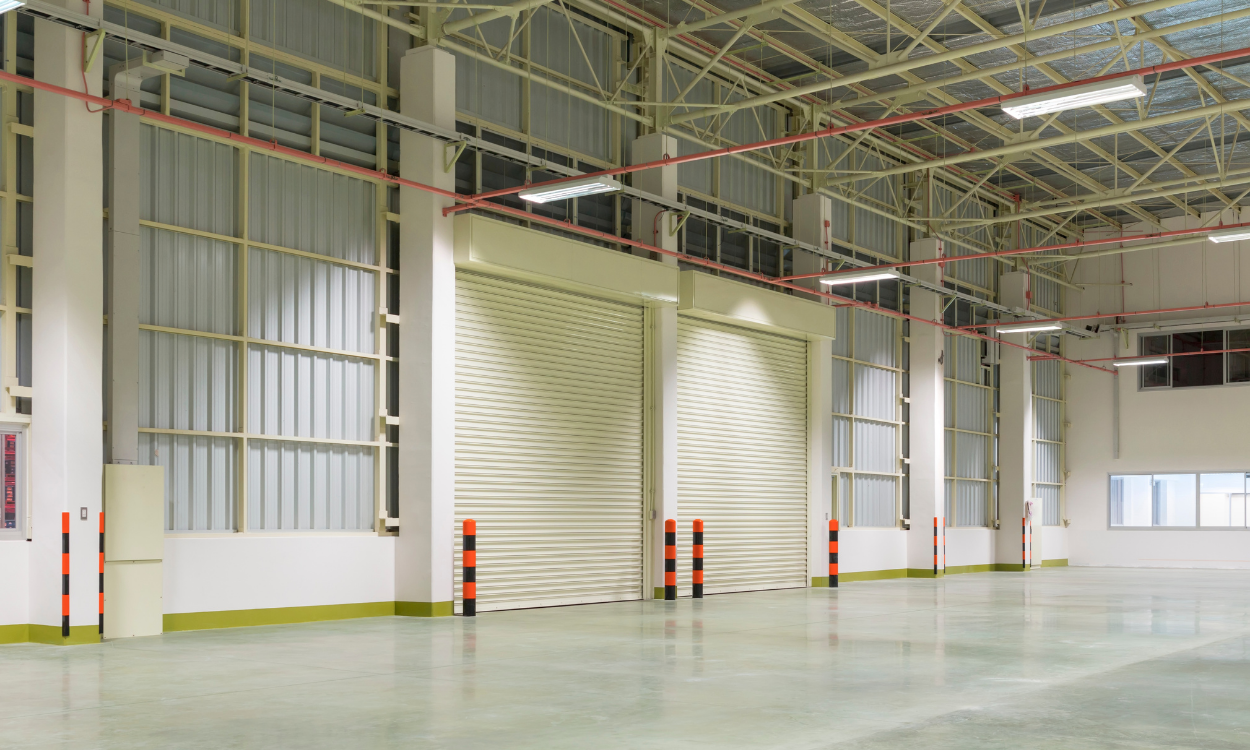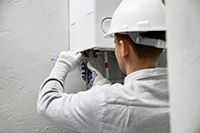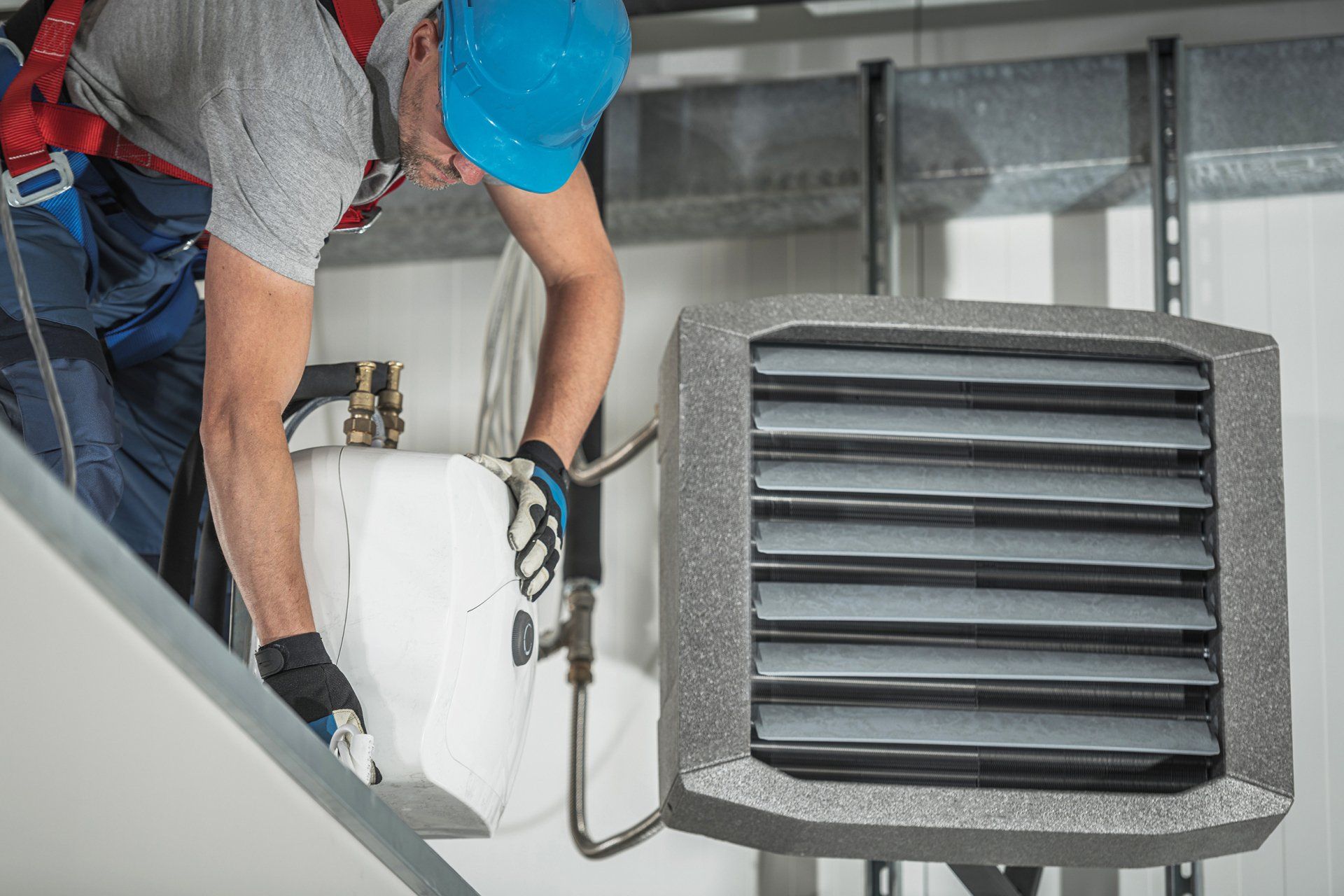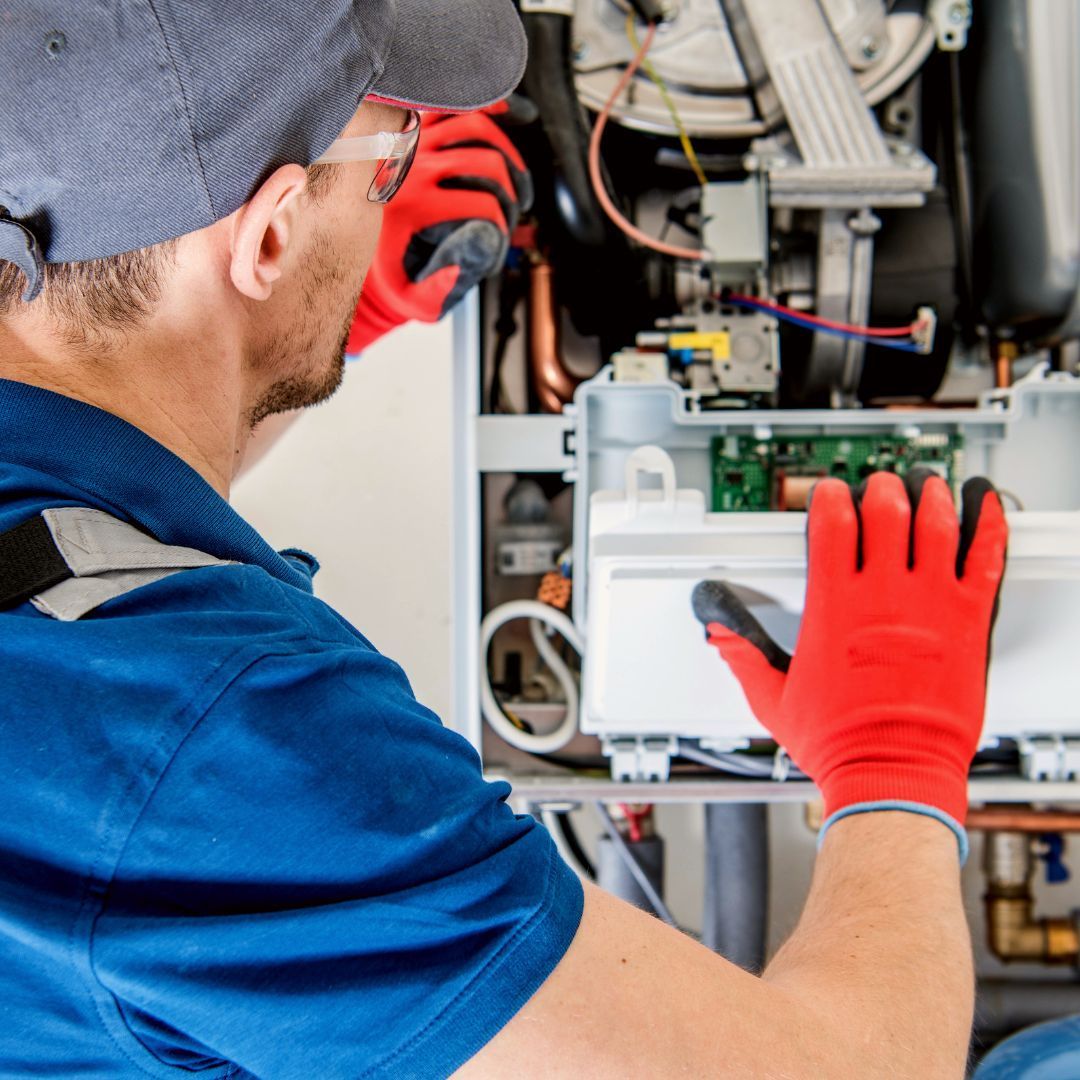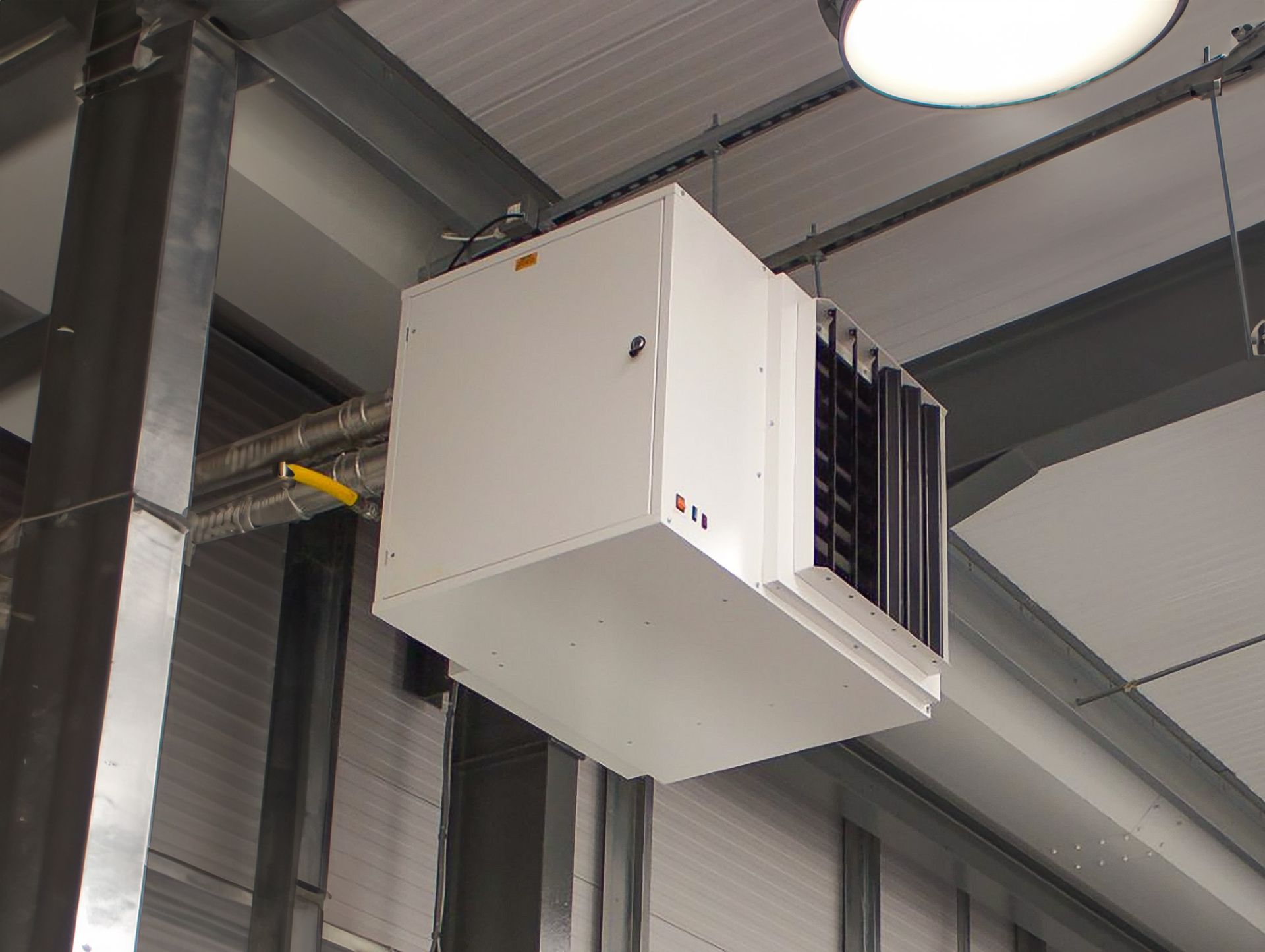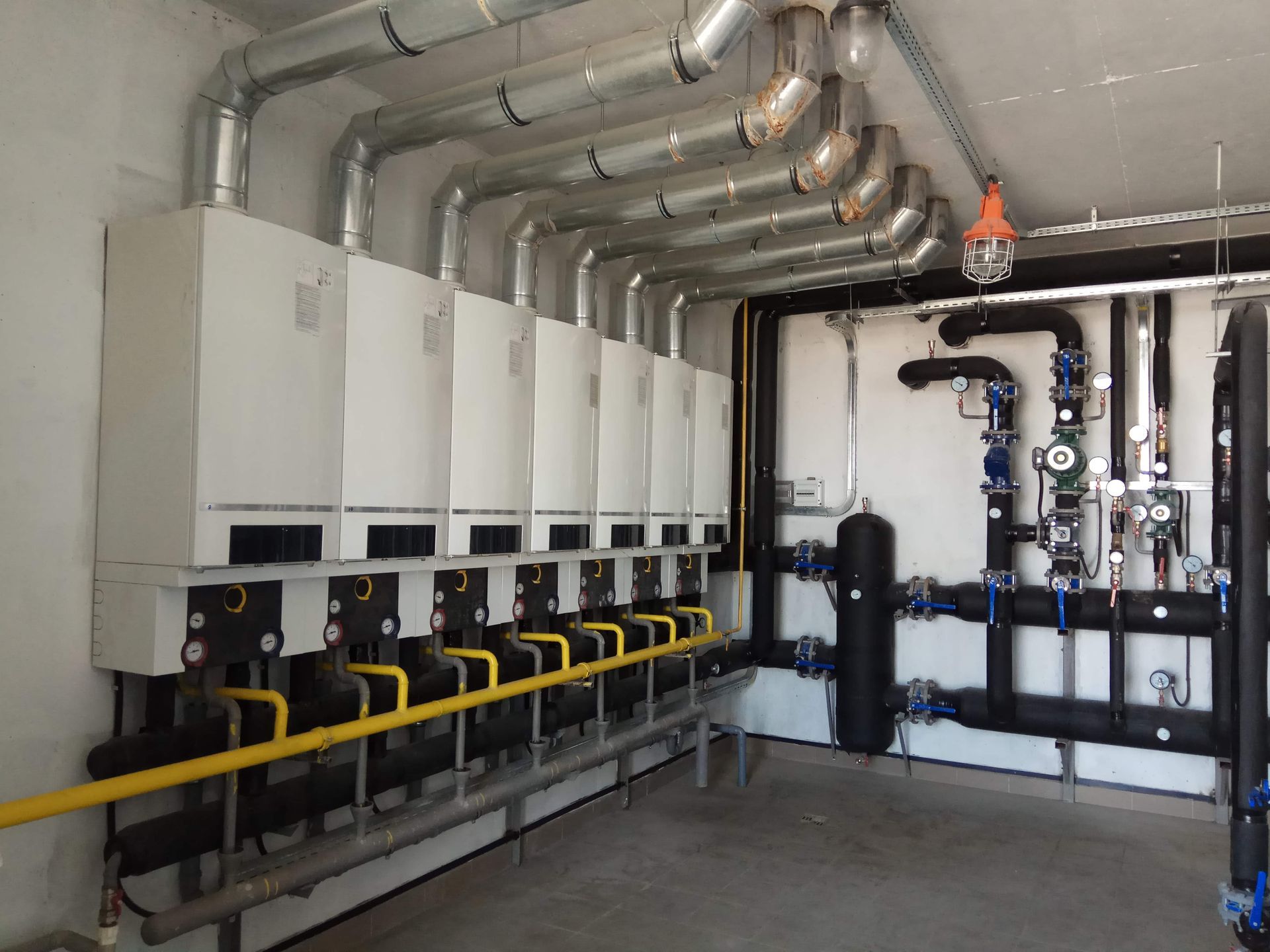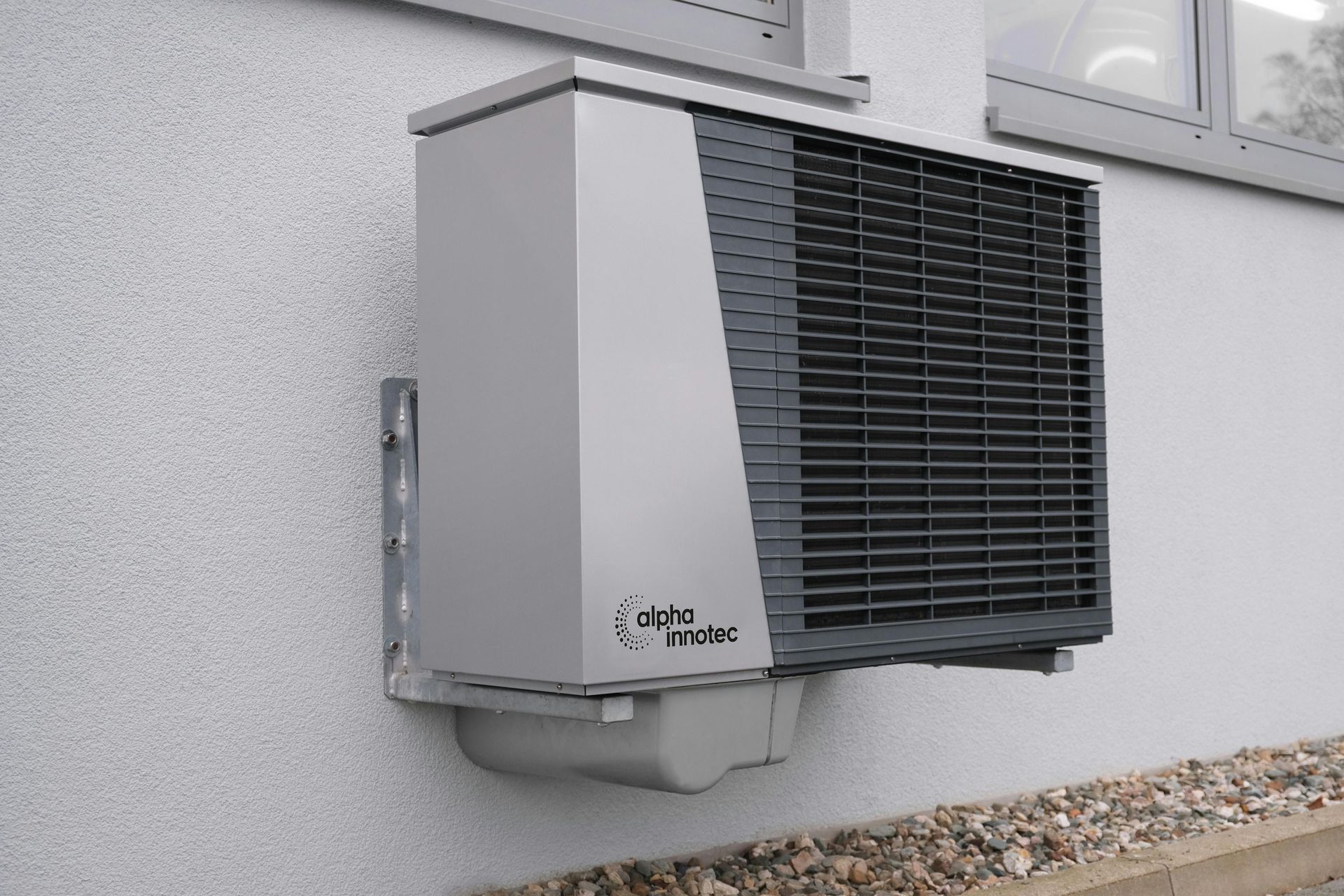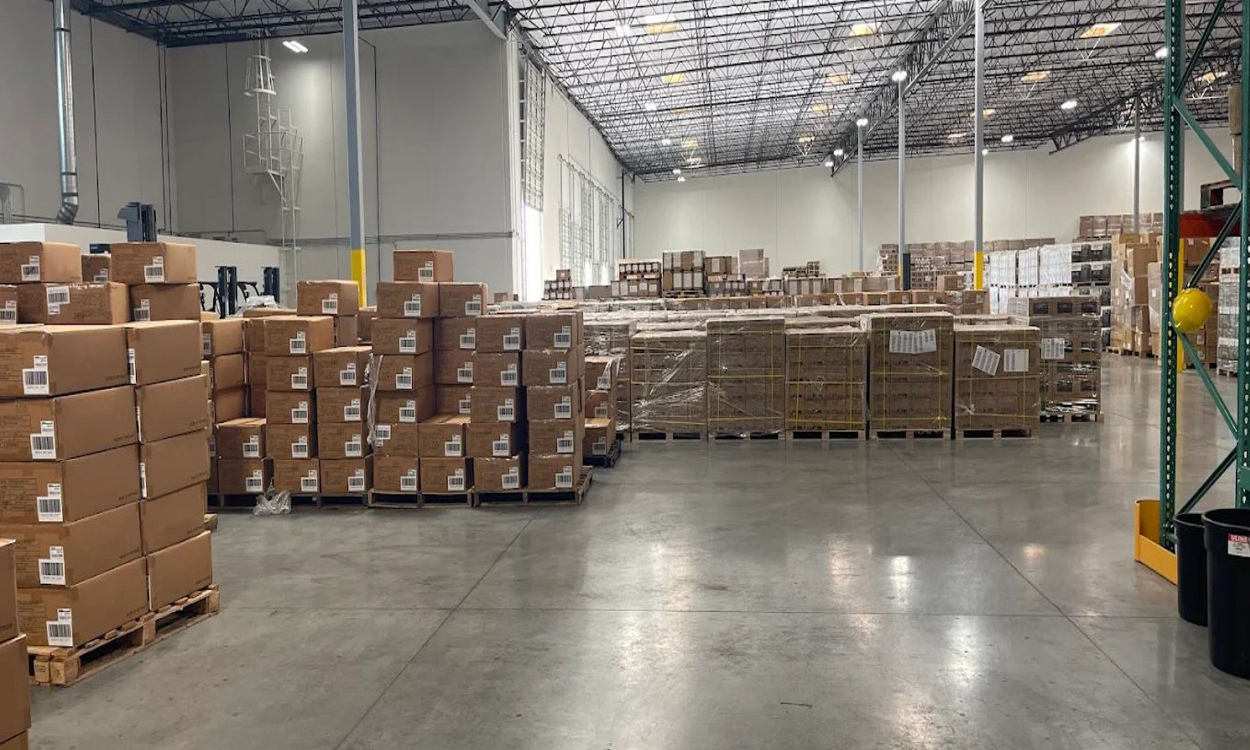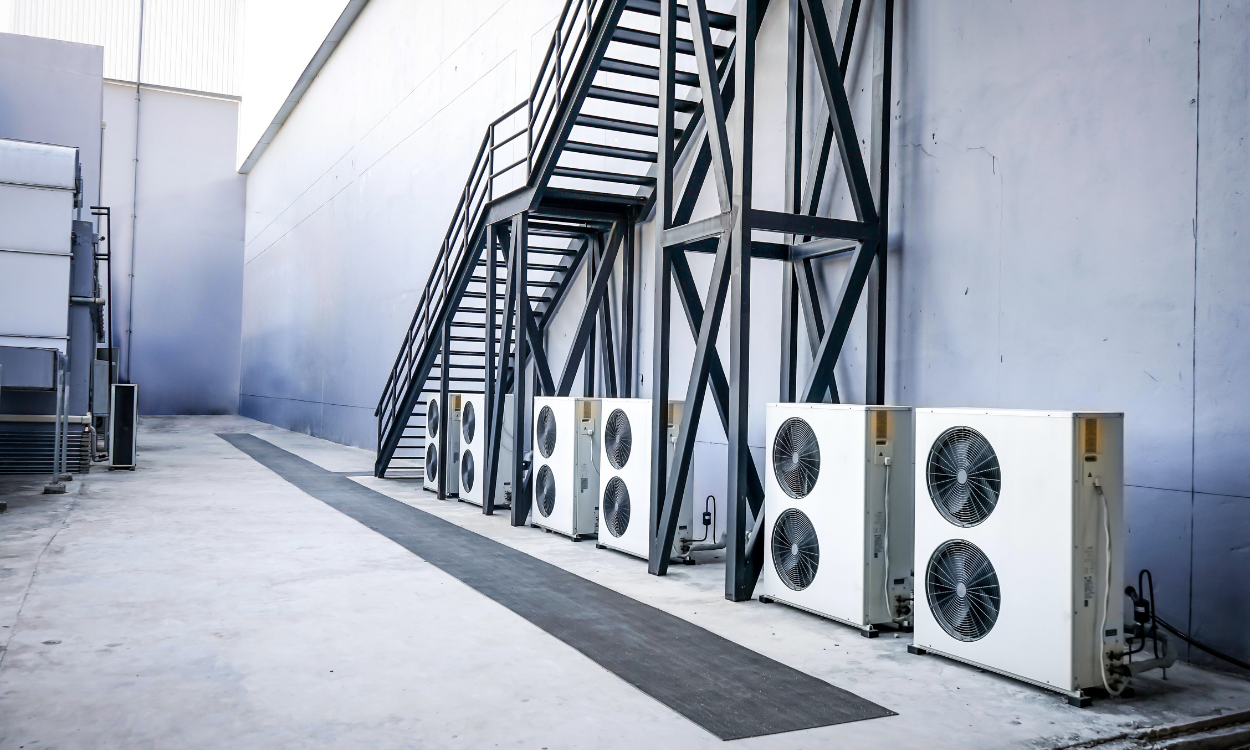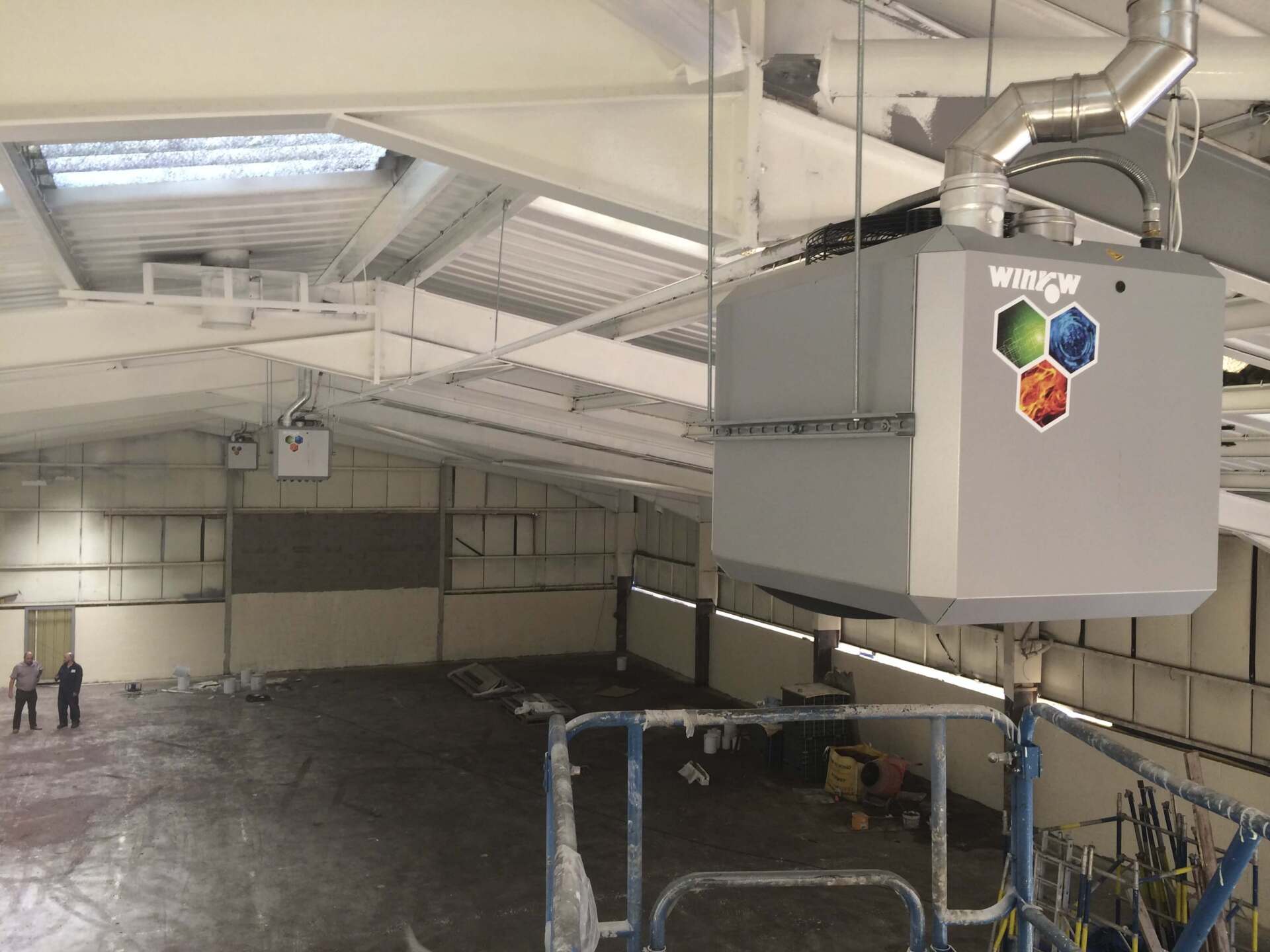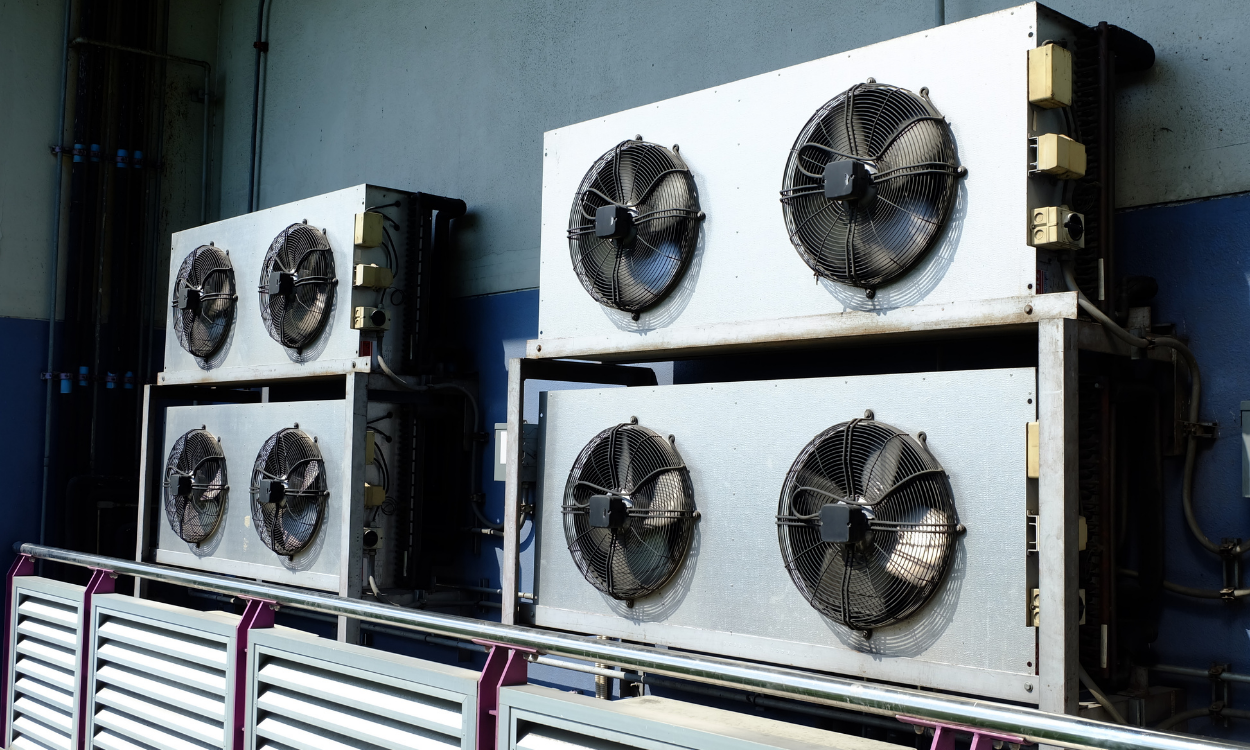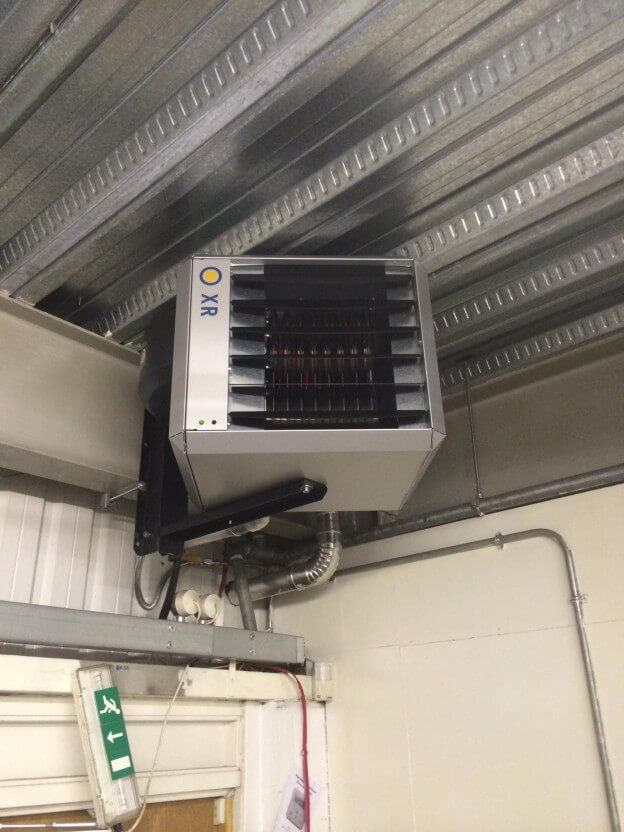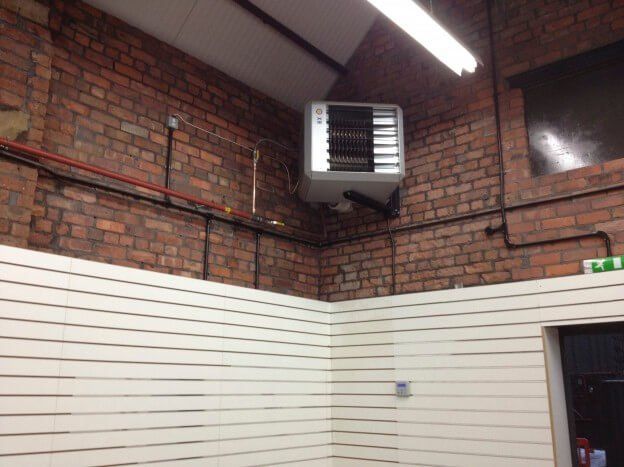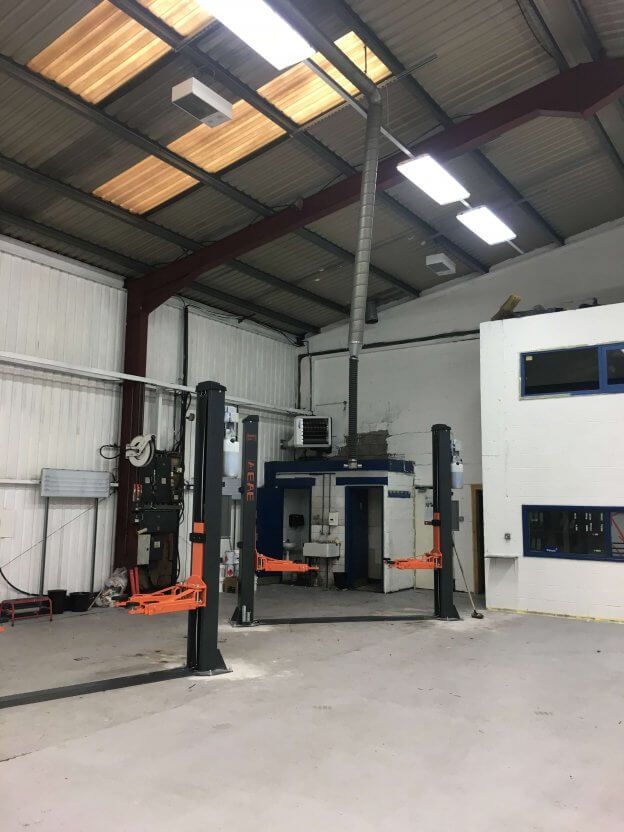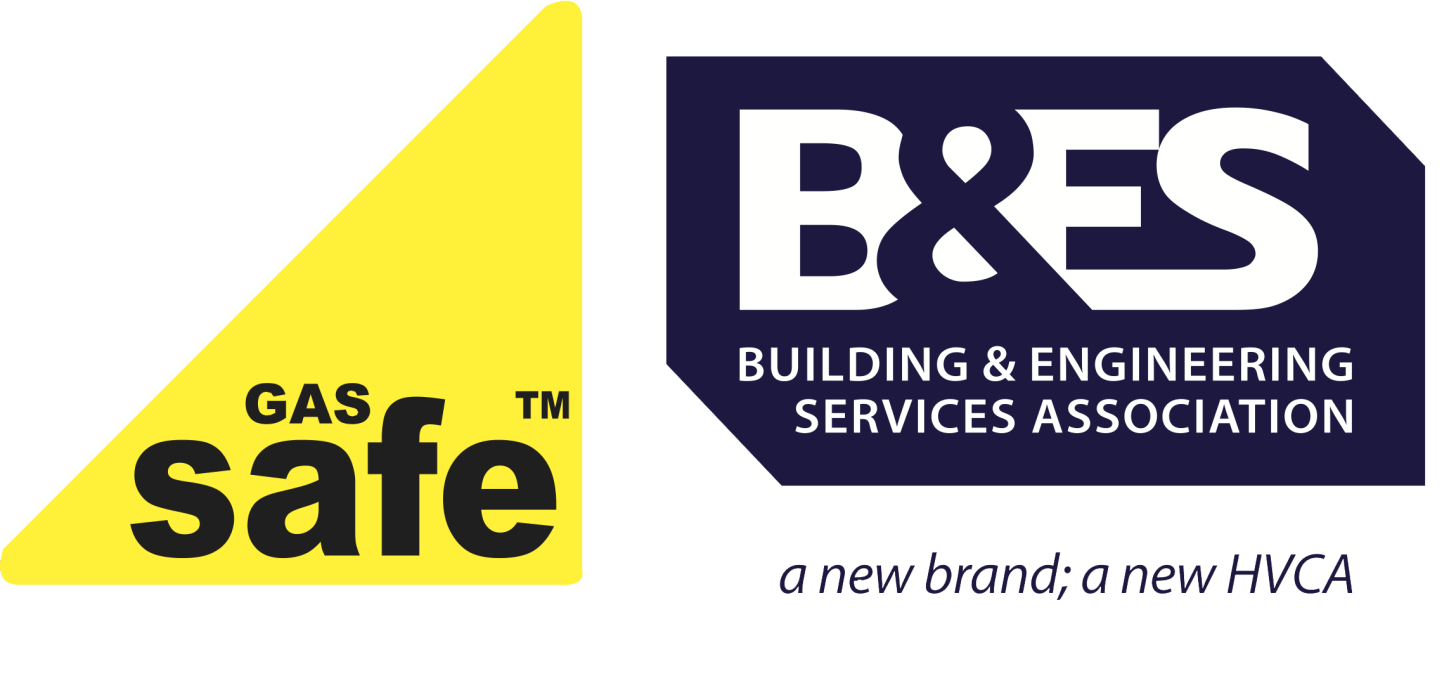How Do Commerical Combi Boilers Work?
As you’re looking for the best solution for your business you’re probably wondering how commercial combi boilers work. These clever systems produce hot water on demand so are perfect for larger commercial applications. The heat exchanger is the key to their efficiency but how does it actually work? You might be surprised to find out that the boiler’s output is directly related to how much hot water it can produce, higher output boilers can produce more hot water per minute. But what goes into that output and how can you choose the right boiler for your business?
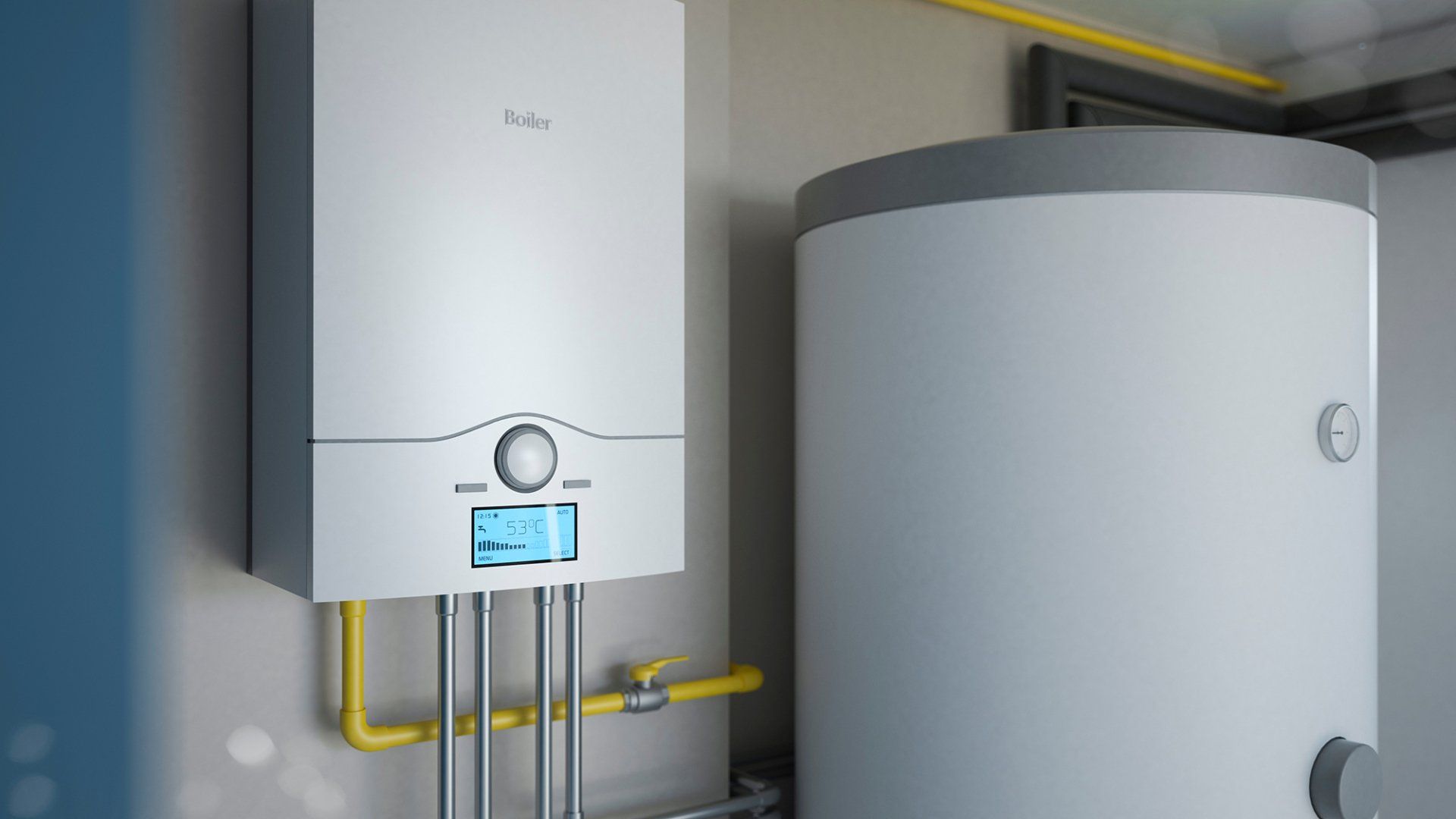
What is a commercial combi boiler?
You’re familiar with traditional boilers but a commercial combi boiler is a specific type of heating solution that combines central heating and hot water production in one unit.
This clever design makes it perfect for businesses and commercial properties. Unlike traditional boilers that require separate units for heating and hot water, a commercial combi boiler simplifies your heating system, saves space and reduces installation costs.
With a combi boiler you can have continuous hot water and heating, it’s ideal for high demand environments like hotels, restaurants and offices.
These are typically gas or LPG powered so a reliable and efficient source of energy.
When choosing a commercial combi boiler consider output, installation requirements and maintenance needs to find the right one for your business.
How do combi boilers produce hot water
As you turn on the tap the combi boiler kicks in, using its clever heat exchanger to produce hot water on demand. This starts when you turn on the tap, the combi boiler’s control system is triggered. The boiler then fires up the burner which heats the water as it passes through the heat exchanger. The heat exchanger is designed to be as efficient as possible so the combi boiler can produce hot water quickly and consistently.
The output of the combi boiler is directly related to how much hot water it can produce. A higher output combi boiler can produce more hot water per minute so is perfect for larger commercial applications.
A 35kW combi boiler like the RINNAI ZEN-35 can produce a lot of hot water so is suitable for larger commercial spaces. Now you know how combi boilers produce hot water you can make an informed decision when choosing the right heating solution for your business.
Central Heating System Parts
Your combi boiler is just one part of a bigger central heating system, which consists of several parts working together to provide heating and hot water.
These parts include radiators, pipes and pumps that work together to distribute heat around your building.
During installation these parts are chosen and configured to perform optimally and efficiently.
The combi boiler is a key part of this system, providing hot water and heat as and when needed.
It’s connected to a network of pipes that carry hot water to radiators which then release heat into the surrounding space.
The pump ensures the hot water circulates efficiently, the radiators are designed to maximise heat transfer.
A well designed central heating system can save you energy and reduce your building’s carbon footprint.
Natural Gas Vs LPG Fuel Options
When it comes to powering your combi boiler you have two main fuel options to choose from: natural gas and LPG.
Both have their pros and cons so weigh them up before you decide.
Natural gas is the most common fuel for combi boilers and is often the cheapest. It’s also a cleaner burning fuel than LPG.
But natural gas isn’t available everywhere and you’ll need to check if your property has a gas connection.
LPG is a popular alternative for properties without gas supply.
It’s more expensive but still a reliable and efficient fuel source. LPG is also a cleaner burning fuel than oil so a more environmentally friendly option.
Plus LPG boilers are often more compact and quieter than natural gas boilers.
Ultimately the choice between natural gas and LPG comes down to your specific needs and circumstances.
Consider cost, availability and environmental impact before deciding which fuel is best for your combi boiler.
Boiler Output Capacities
You need to consider the boiler’s output capacity measured in kilowatts (kW) to ensure it can meet your central heating and hot water demands.
A commercial combi boiler’s output capacity determines how much heat it can produce and thus how well it can serve your heating solution. When choosing a boiler you’ll see various output capacities from 24kW to 51kW or more.
You need to choose a boiler that meets your needs.
For example a small to medium sized commercial property might need a boiler with an output capacity of 24kW to 35kW such as the RINNAI ZEN-24 or ZEN-35.
A larger property might need a boiler with a higher output capacity like the Q51CR ATAG Combi Boiler which is 51kW.
Installation and Commissioning
Proper installation and commissioning of a combi boiler is essential to ensure it’s safe and efficient and provides hot water and central heating.
When you install a combi boiler you need to consider several things, including the boiler’s output capacity which we covered earlier.
You want to make sure the boiler’s output matches your building’s heating demands.
A correctly sized boiler will prevent overheating, reduce energy waste and lower your energy bills.
During installation you’ll need to connect the boiler to a suitable fuel source, natural gas or LPG.
You’ll also need to make sure the boiler is properly vented and all safety features are in place.
And you’ll need to configure the boiler’s settings to get the best out of it.
A professional installer will do the installation and setup to make sure everything is done correctly and safely.
Commercial Combi Boiler Benefits
Commercial combi boilers have many benefits that make them a great heating solution for businesses, increased energy efficiency, reduced maintenance costs and compact design that saves space.
By choosing a commercial combi boiler you’ll get lower energy bills and a reduced carbon footprint. These boilers are also designed to be more reliable so less chance of breakdowns and costly repairs.
And commercial combi boilers are often easier to install so you’ll save on installation costs and downtime.
With a combi boiler you don’t need to worry about finding space for a separate hot water cylinder as it provides both central heating and hot water on demand. They’re perfect for businesses with limited space such as restaurants, hotels and offices.
How Commercial Combi Boilers Save Energy
By having a single high efficiency unit that serves both heating and hot water needs combi boilers reduce energy consumption and cut your business’s energy bills and carbon footprint.
So you’ll get lower energy costs and a reduced carbon footprint.
Commercial combi boilers are an energy saving solution for your business, a more efficient alternative to traditional boilers.
They do this by modulating their output to match your building’s specific heating and hot water demands.
So you’re not wasting energy by heating more water than you need.
And combi boilers are generally more compact and lighter than traditional boilers so easier to install and maintain.
This will save you even more energy.
Maintenance and Repairs
You’ll need to factor in regular maintenance and occasional repairs when you get a combi boiler, neglecting these will decrease efficiency, increase energy bills and even system failure.
A well maintained commercial boiler is key to get the best performance and extend its life.
Regular maintenance tasks may include checking and cleaning the boiler’s filters, inspecting the condensate pipe and checking the system’s pressure.
And you should also schedule annual servicing with a qualified engineer to identify and fix any potential issues before they become major problems.
In the event of a breakdown you need to have a reliable repair service in place to minimise downtime and get your heating system up and running quickly.
Look for a provider that offers 24/7 emergency support and has a team of experienced engineers that know commercial boiler repair.
Commercial Combi Boiler Costs
When choosing a combi boiler for your business you’ll need to consider several factors that will impact the cost, output, installation requirements and fuel type.
The output of the boiler measured in kilowatts (kW) will impact the cost. A higher output boiler will cost more.
For example the RINNAI ZEN-24 Indoor/Outdoor Combination Boiler (24kW) is £889.00 and the RINNAI ZEN-35 Indoor/Outdoor Combination Boiler (35kW) is £1,072.00.
Installation requirements such as additional pipework or radiators will also impact the cost.
The fuel type, natural gas or LPG will also affect the price.
Commercial boilers like the Q25CR ATAG Combi Boiler (25kW) or the Q51CR ATAG Combi Boiler (51kW) will cost between £2,293.00 and £3,047.00.
You need to consider these when choosing a combi boiler for your business to get the right one for you and your budget.
Summary
You now know everything about commercial combi boilers from the components to the benefits and maintenance.
By considering the output, fuel and energy efficiency you can make an informed decision on the right boiler for your business.
With the right commercial combi boiler you’ll get hot water on demand, lower energy bills and a heating system that’s tailored to you.
Share This Post.
Need a Quote?
Is your business is looking for heating upgrade or an installation quote? Please call us on 08000 588 035 for a free quotation or fill out our contact form and we’ll get back to you as soon as we can.
If you could also attach some relevant images of the building and advise the building volumetric, it will help with our initial design assessment. Thank you.
Winrow - Enquiry Form
Industrial Heating - Latest News
